Your Night Sky Guide to Meteor Watch Day 2025
Published Jun 27, 2025
On June 30, Earth passes through debris from Comet 7P/Pons-Winnecke, sparking National Meteor Watch Day 2025. The June Bootids shower offers a dazzling show visible without special gear. Best viewed from midnight to dawn in dark, rural areas, it's perfect for beginners. Tips include dressing warmly, using red lights, and checking forecasts for a rewarding skywatching experience.
Discover the magic of National Meteor Watch Day 2025 on June 30th! Unveil celestial wonders and tips for a night under the stars
Folks, mark your calendars! National Meteor Watch Day 2025 is landing on June 30th, coinciding with Earth's journey through space leftovers from Comet 7P/Pons-Winnecke.
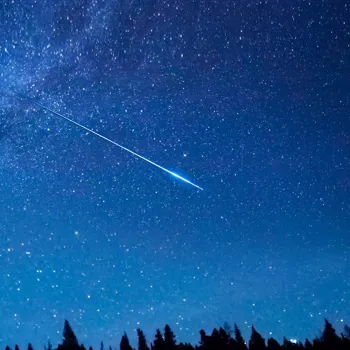
This cosmic rendezvous gifts us the June Bootids meteor shower, a celestial show possible to view with just your eyes, especially with a bit of luck and clear weather. Let's get ready to enjoy a lovely night under the starry sky!
Top stargazing spots in the US for celestial spectacle seekers
Now, where exactly should you be pitching your tent, or at least your reclining chair, to catch the best view of this spectacle? For us in the US, there are some prime locations known for their dark skies and unobstructed views.
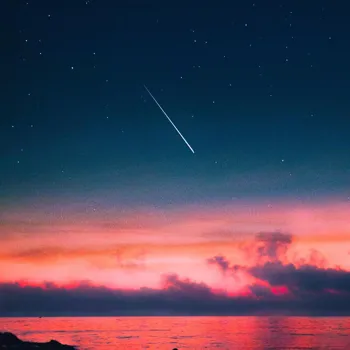
Think about heading to places like the Big Bend National Park in Texas, where the vastness of the desert meets the inky blackness of the night. Nevada's Great Basin National Park is another solid option, far from city lights and offering incredible stargazing opportunities.
Pennsylvania's Cherry Springs State Park, an internationally recognized Dark Sky Park, is a fantastic choice for those on the eastern side of the country. Keep in mind that reaching these locations might require some travel so plan and book ahead of time.
The best time to watch the June Bootids meteor shower
What about the timing to do this? This is equally important! The best time to watch the June Bootids is typically from midnight until dawn. This is when the Earth is rotating directly into the meteor stream, maximizing your chances of seeing those shooting stars.
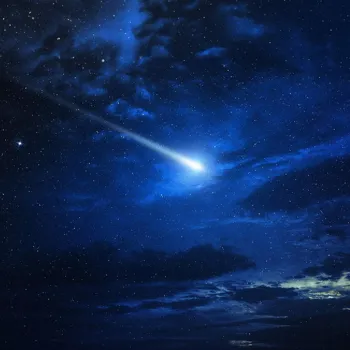
Remember, meteor showers are unpredictable, and the June Bootids are particularly known for being variable. Some years they put on a dazzling display, while other years they might be more subtle.
So, while there are no guarantees, aiming for that late-night to early-morning window gives you the best shot at seeing some action. Consider checking astronomical websites or apps for the most current predictions as the date gets closer!
Prepare for Meteor Watch Day: adjust eyes, bring chair, warm clothes, snacks, stargazing app
To truly enjoy your Meteor Watch Day experience, a bit of preparation goes a long way. Start by allowing your eyes to adjust to the darkness for at least 20-30 minutes. This means putting away your phone, dimming any nearby lights, and letting your pupils dilate.
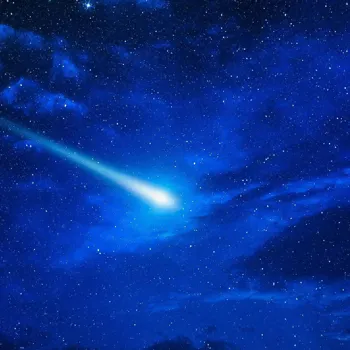
Bring a comfortable reclining chair or blanket so you can lie back and gaze upwards without straining your neck. Pack warm layers of clothing, as nights can get cool, even in the summer. And don't forget some snacks and drinks to keep you going throughout the night!
A stargazing app on your phone can also be helpful for identifying constellations and other celestial objects, but remember to keep the screen brightness low to avoid disrupting your night vision.
Cloud cover can ruin stargazing; check forecasts for clear skies
Let's talk about the biggest foe of stargazers, the clouds! Cloud cover can completely ruin your meteor-watching plans, so checking the weather forecast in advance is absolutely crucial. Look for clear skies with minimal cloud cover.
If the forecast looks unfavorable in your immediate area, consider driving to a nearby location with better conditions. There are many websites and apps that provide detailed weather forecasts specifically for stargazing, including cloud cover predictions.
And if, despite your best efforts, the clouds do roll in, don't despair! You can always reschedule your Meteor Watch Day for another night, or use it as an opportunity to learn more about astronomy from the comfort of your home.
Meteor Watch Day: Connect with the universe, witness shooting stars
Finally, whether you're a seasoned astronomer or someone who's never looked through a telescope, Meteor Watch Day is a chance to connect with the universe. It's a reminder that there's a vast and beautiful world beyond our daily lives.
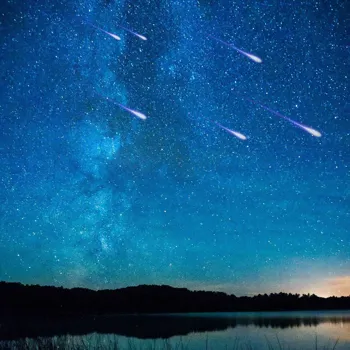
So, gather your family and friends, find a dark spot, and look up. With some preparation, patience, and a little bit of luck, you might just witness a dazzling display of shooting stars, creating a memory that will last a lifetime. Make it a new tradition.
Weather stories around you